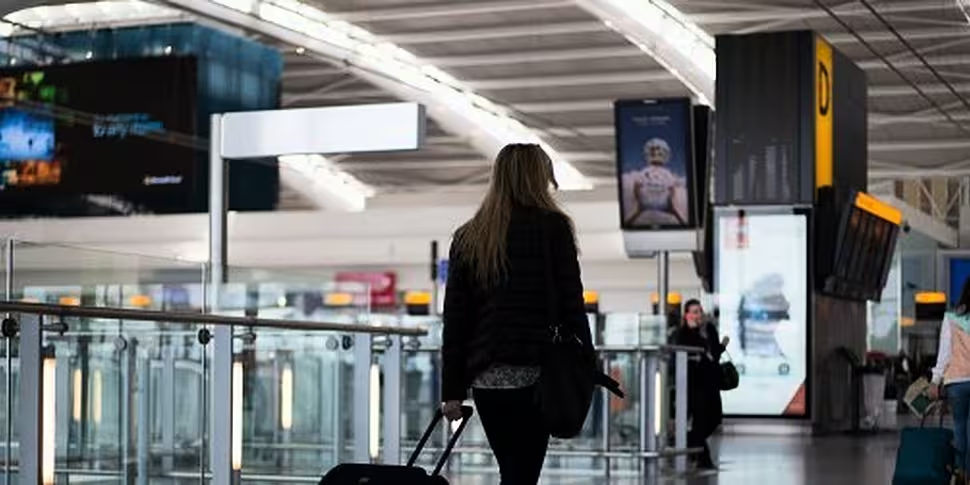The Court of Justice of the European Union has found that airlines have to pay compensation to passengers in the event of a 'wildcat strike'.
The case was taken after German airline TUIfly cancelled or delayed flights for three hours or more in October 2016.
This was due to a surprise announcement to staff of a restructuring plan - which saw them place themselves on sick leave back in September.
However, TUIfly took the view that 'extraordinary circumstances', within the meaning of the EU regulation on air passenger rights, were in place.
It therefore refused to pay the affected passengers compensation provided for under the regulation.
This would have been €250, €400 or €600 - depending on the distance.
Two local courts in Hanover and Düsseldorf asked the EU Court of Justice whether the spontaneous absence of a significant part of the flight staff in the form of a 'wildcat strike' fell within the concept of 'extraordinary circumstances'.
In a judgment on Tuesday, the court found it did not.
A Boeing 737-800 aircraft of Tuifly takes off from the airport in Stuttgart, Germany | Image: Christoph Schmidt/DPA/PA Images
This means the airline would be required to pay-out EU compensation to passengers.
The court also explained what could be classified as an 'extraordinary circumstance'.
It said it must not, by its nature or origin, be inherent in the normal exercise of the activity of the airline - and that it must be beyond its actual control.
"The mere fact that a recital of the regulation mentions that such circumstances may arise, in particular, in the event of a strike does not mean that a strike is necessarily and automatically a cause of exemption from the obligation to pay compensation.
"On the contrary, it is necessary to assess, on a case-by-case basis, whether the two conditions mentioned above are fulfilled", the court said.
It added that the 'wildcat strike' at issue could not be regarded as beyond TUIfly's actual control.
"Not only did that 'wildcat strike' stem from a TUIfly decision, but, despite the high rate of absenteeism, it ceased as a result of the agreement reached by TUIfly with the staff representatives on October 7th 2016".










